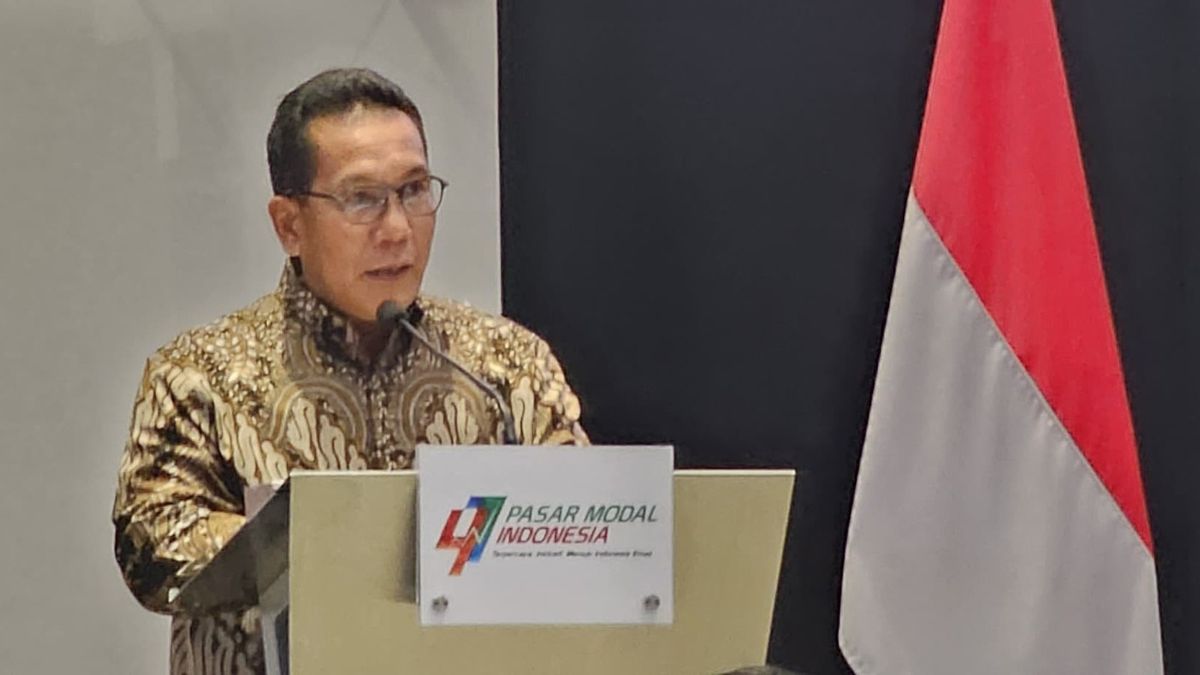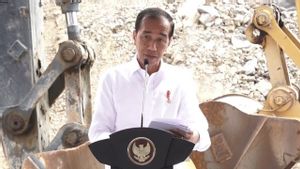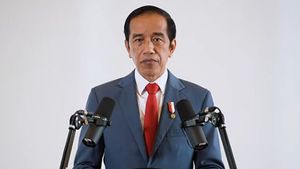JAKARTA - President Director of PT Kustodian Sentral Efek Indonesia (KSEI) Samsul Hidayat said that for two decades or 20 years the average daily transaction value (RNTH) of shares increased by 2,000 percent.
As for August 2024, RNTH reached IDR 11.8 trillion per day.
"As of August 2024, the average daily transaction value has now reached Rp11.8 trillion per day, an increase of more than 2 thousand percent since the last two decades," he explained in the 47th anniversary of the Capital Market, Monday, August 12.
As for 2000, the daily transaction value of shares was only IDR 514 billion. Then it increased in 2005 to reach IDR 1.67 trillion, in 2010 it was IDR 4.80 trillion, and in 2015 it was IDR 5.76 trillion.
"So if we look at the figure from 2000, then the growth of daily transactions that we feel now is something very significant," he said.
In addition, Samsul said that in recent years, the Indonesian capital market has continued to experience significant developments in terms of digitalization, financial inclusion, as well as improving market quality and transparency. This is in line with the roadmap of the Indonesian capital market in 2023-2027
"Since the need to open SID in 2012 until August 2024, the number of Indonesian capital market investors has been recorded at more than 13.45 million investors," he said.
Furthermore, Samsul added that the number of listed companies has also reached 935 listed companies on PT Bursa Efek Indonesia.
The increase in the number of listed companies was also followed by an increase in market capitalization which was recorded to be worth Rp. 12,300 trillion.
However, Samsul explained several challenges that overshadowed the future for the capital market industry including global economic volatility, where global economic instability, currency fluctuations and commodity prices could reduce investor capital flow and trust.
In addition, Samsul said that changing monitor and fiscal policies is a challenge faced, which international interest rate policies and economic stimulus can affect investment attraction in the Indonesian capital market.
SEE ALSO:
Furthermore, he said, advances in technology and digitalization are also a challenge for the capital market industry, in addition to the opportunity for fintech innovation and global trading platforms to bring new opportunities, but regulations, security and growth of variety of financial products pose a potential challenge in the future.
"Geopolitical and international tensions are also a challenge in itself, geopolitical conflicts and changes in trade policy can affect investor sentiment and capital flows," he said.
The English, Chinese, Japanese, Arabic, and French versions are automatically generated by the AI. So there may still be inaccuracies in translating, please always see Indonesian as our main language. (system supported by DigitalSiber.id)
















